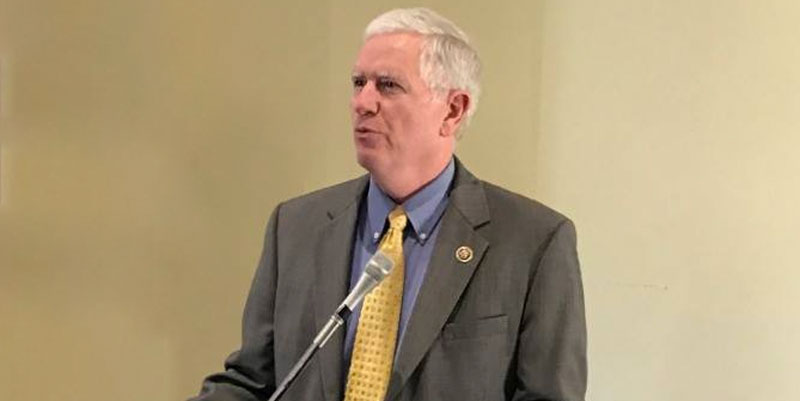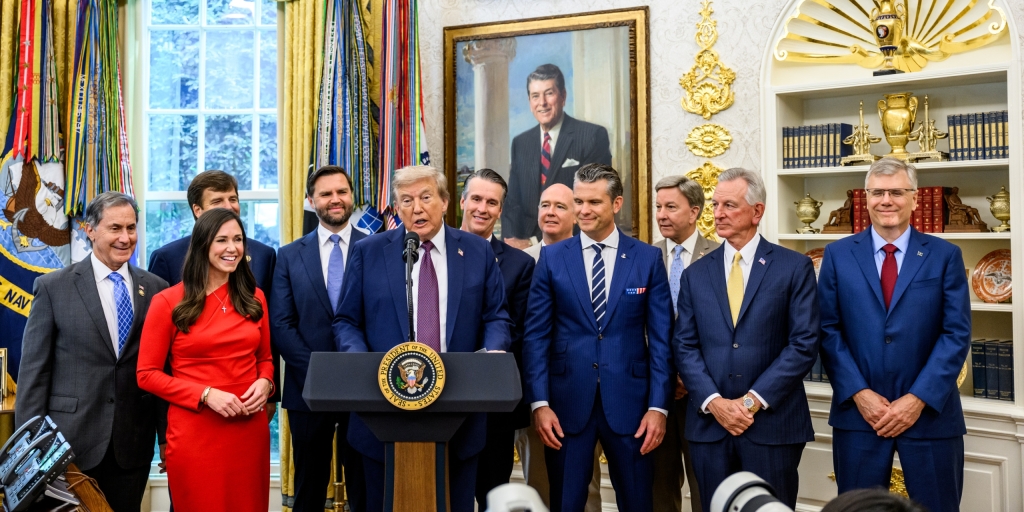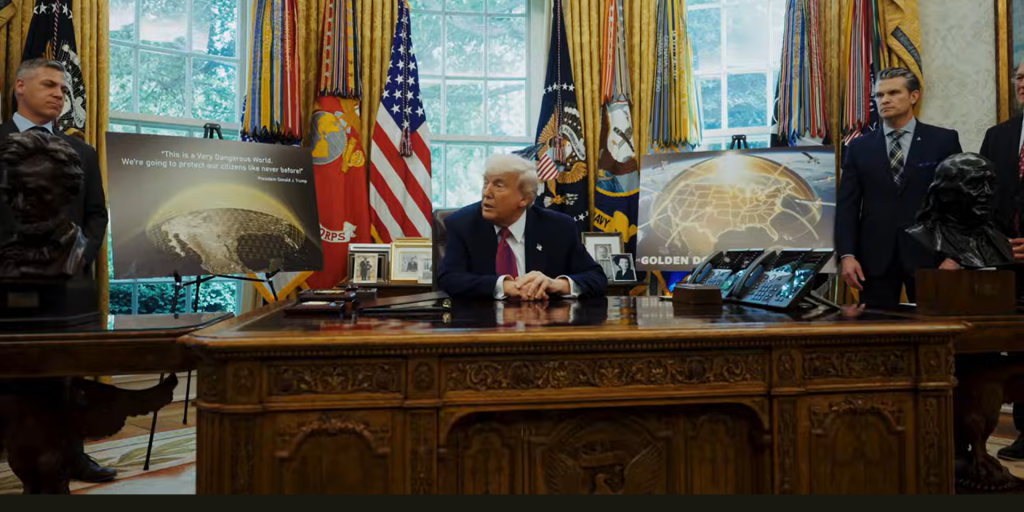A trio of Alabama congressmen who helped advance the fiscal year 2019 defense spending bill Thursday highlighted local priorities, from the Redstone Arsenal in the north to shipbuilding on the Gulf Coast.
The committee voted 60-1 for the bill — formally called the National Defense Authorization Act — with Rep. Tulsi Gabbard (D-Hawaii) providing the only “no” vote.
Rep. Mo Brooks (R-Huntsville) touted his efforts to secure funding for the Redstone Arsenal as part of the bill. He maintained that he was able to improve the bill with 25 provisions related to Redstone.
“Each year the Redstone Arsenal community makes various policy requests to my office concerning America’s national security needs,” he said in a statement. “I’m pleased my office successfully helped insert 25 of these local policy requests into the HASC Chairman’s draft of the NDAA. Fortunately, each of these 25 provisions survived HASC debate.”
Rep. Bradley Byrne (R-Fairhope) highlighted authorization of the construction of three littoral combat ships, which Austal USA builds at its Mobile shipyard.
“This is big news to the over 4,000 men and women who work at the Austal shipyard, but it is even better news as we work toward our goal of building a highly capable 355-ship Navy fleet,” he said in a statement. “I expect the bill to come before the full House in the coming weeks. Given the importance of rebuilding and strengthening our military, I am hopeful the NDAA will receive another strong bipartisan vote.”
Mike Rogers (R-Saks) praised a “much-deserved” 2.6 percent pay raise for the troops. It is the biggest increase in nearly a decade.
Rogers also noted that the bill includes a $360 million increase for the Stryker A1 combat vehicle, which is overhauled and maintained at the Anniston Army Depot. The facility will get $21.8 billion for equipment maintenance and $3.7 billion for spare parts.
Rogers also expressed enthusiasm for another priority of his — a space force.
“Big picture, the NDAA also includes some movement on an important initiative I have been working on for a couple years,” he said in a statement. “It includes steps to help ensure we are on the right path when it comes to National Security Space.”
The bill authorizes $708.1 billion in total defense spending, including $639.1 billion for the Pentagon and $69 billion for overseas contingency operations.
“This defense bill, which is once again the product of strong bipartisan work, takes the crucial next steps to rebuilding our military and reforming the Pentagon,” committee Chairman Mac Thornberry (R-Texas) said in a statement after the 14-hour debate. “Both are essential to helping our troops prepare and respond to the complex security challenges we are facing around the world.”
The Redstone-related provisions secured by Brooks include:
- S490.21 million for the standard missile 3 (SM-3) block IB programs, with another $180.8M for improvements.
- $130.4 million for hypersonics development.
- $85 million for Army National Guard UH-60M helicopters.
- $70 million for the Army’s Iron Dome interceptor system.
- $874 million for Terminal High Altitude Air Defense procurement and improvements
- $270 million for the Military Housing Privatization Initiative.
- $103 million for unmanned aerial vehicle MQ-1 Predators.
- $60 million for the Gray Eagle Service Life Extension.
- $118 million for short range air defense.
- A full and open competition for ground mobility vehicles.
- Cybersecurity measures.
- $192.6 million for the improved turbine engine.
@BrendanKKirby is a senior political reporter at LifeZette and author of “Wicked Mobile.”













